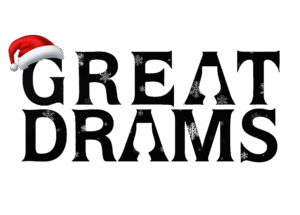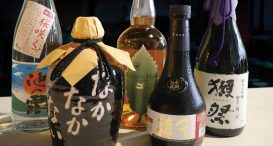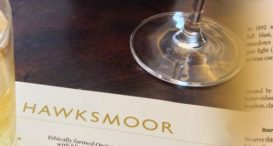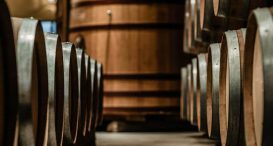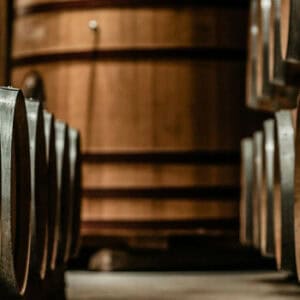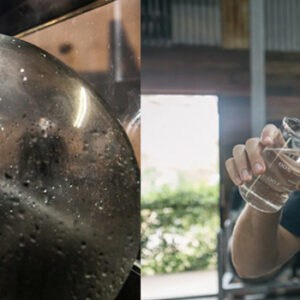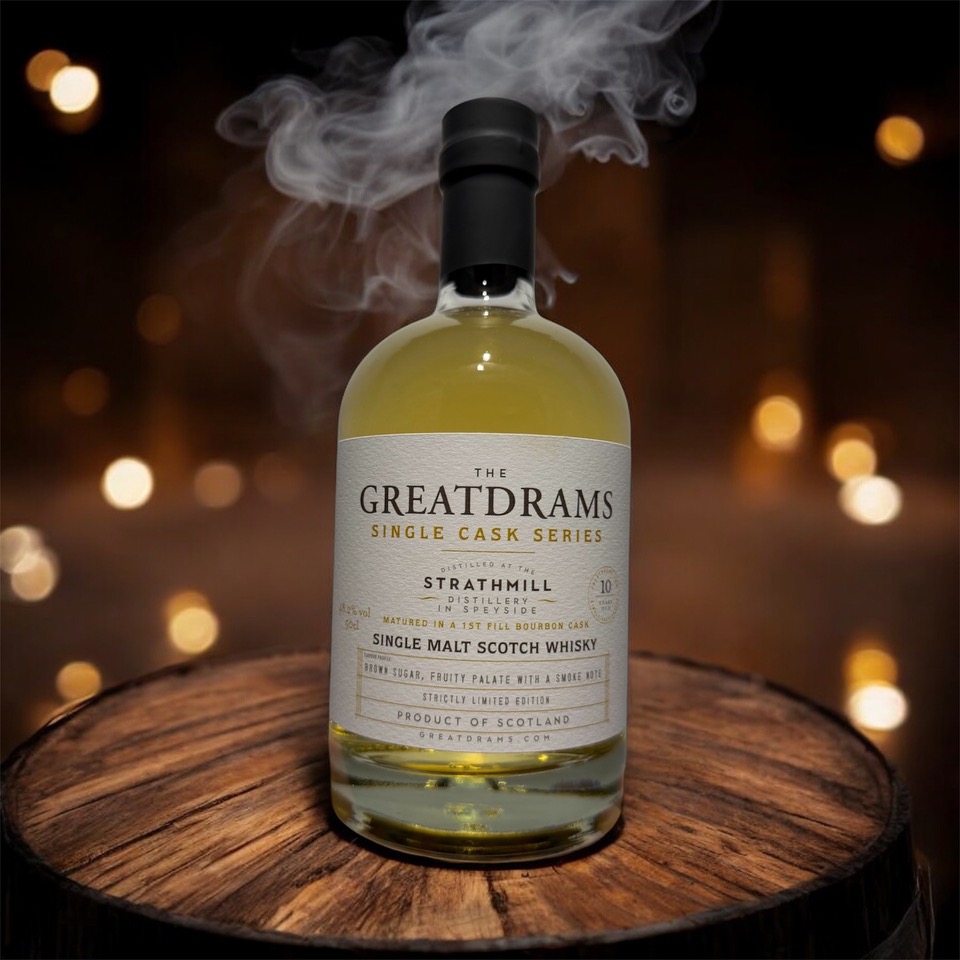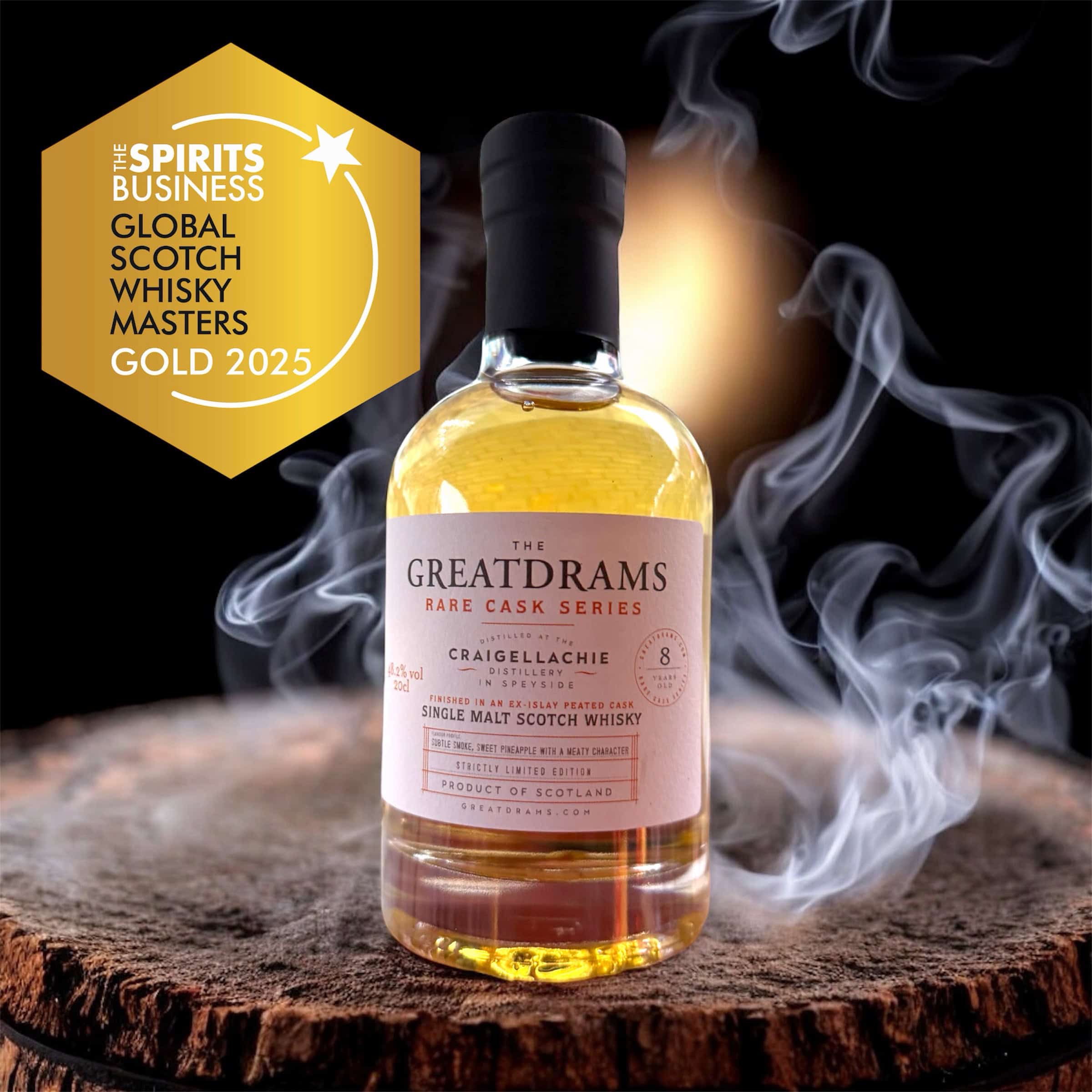The Language of Whisky by David McNicoll
let’s begin
Written by Scottish native David McNicoll, The Language of Whisky is a fascinating insight into the history of whisky and the language that surrounds it.
Going way back
McNicoll goes into the history of whisky and explores how the language of Scotland has created the brands and drams we know and love today. With whisky, and Scotch in particular, being a global phenomenon, McNicoll has compiled a book that seeks to understand the history behind it.
The names of whisky brands can tell us a lot about where they are found and their surroundings. Some are named for burns (Gaelic for streams), glens (Gaelic for valleys) or have family names that date back centuries.
As well as leaning heavily on Gaelic, there are also plenty of Anglicised names amongst whisky brands. The combination tells us a lot about how whisky has been crafted and how the history has changed over centuries of distilling.
The geography and history of whisky
McNicoll tells us about the history of whisky but brings it back home. There is no pretence or pomp here. It is all about understanding whisky as our ancestors did, about seeing it from the eyes of those who distilled it before us.
The book is a real exploration into the language that surrounds whisky and what that tells us about how it was made hundreds of years ago. The making of whisky is also deeply embedded in the agricultural history of Scotland, something that McNicolls goes into. This is especially true since many whisky brands are named after farms that they were founded on. Geography then plays an interesting part in whisky history, as names tell us where they were made and the nature of the what else was going on there.
The Language of Whisky is an intriguing book that tells us a lot about the history of whisky, things that we probably wouldn’t think of naturally. If you enjoy exploring all things to do with Uisge Beatha, this book is right up your street.
Have you read The Language of Whisky by David McNicoll? Let us know your thoughts in the comments!
